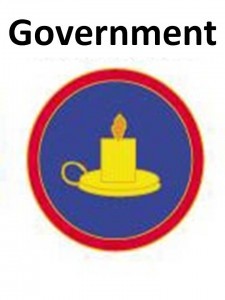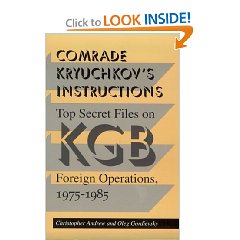Badly marketed on Amazon by a publisher that evidently does not really care for the future of the book, we do what we can to highlight the availability of this new book by Christopher Andrew, In Defence of the Realm, an authorized but not controlled examination of the history of MI-5 (internal security) in the United Kingdom. A short article on the book:
Defence of the Realm: author marks 100 years of MI5 with official history
Within the USA there has never been a proper review that we know of with respect to internal security, although there have been a number of books on the failures of the Federal Bureau of Investigation (FBI), a few of which we list below. The Department of Homeland Security (DHS) has been an abysmal expensive failure in all respects, substituting money, technology, and butts in seats for thinking, education, and common sense.







